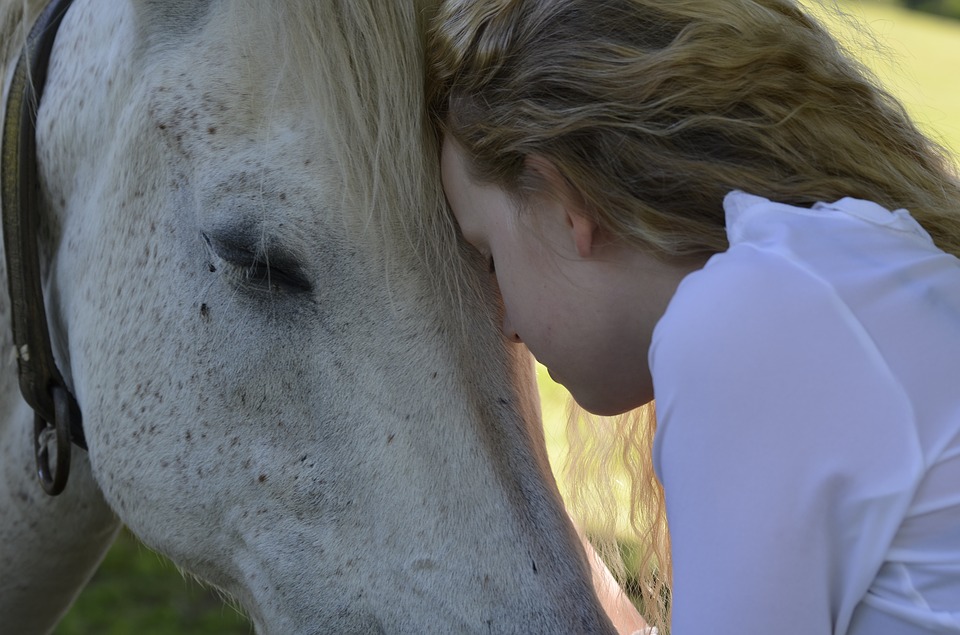
Founder and President
of The Etiquette Factory,
a unique 3-phase etiquette learning system designed to change the world, one child at a time.
Who doesn’t want responsible children? Yet, I often have parents come to me with heart-felt requests and anxiety because they’re not sure where to start. Parents, I want to remind you of something that is so important that you never forget. You are perfect for your children! You are the perfect parent for your children and no one can parent your children more perfectly than you. It was chosen by divine design. I believe that with my whole heart. With that said, of course, we all hopefully continue to strive to improve in our own skills and abilities so that we can parent our children more lovingly, more effectively and more in keeping with how our Father in Heaven would have us do.
Here are some guiding principles and examples of how we can help our children learn the skill of being responsible. First, let’s make sure we understand the definition of responsibility. For me, responsibility means: taking ownership over our obligations and proving through our actions, that others can depend on us. Helping our children understand their importance in this world and in our family and in our community is the best way to influence them, so that they have a natural desire to fulfill their responsibilities. Allow me to explain.
We all want to be needed. We all want to be important. We all want to know that this world would not be the same without us in it. No, I’m not talking about some puffed up self-grandiose idea of ourselves, but I am speaking of a simple truth that we all want to matter. I believe that the Lord also wants this for us. He wants us to know how significant we are to him and to others, because this belief helps us to understand that our choices and behaviors are important.
 So, we begin by purposely reminding our children how important they are and helping them to identify the special and unique gifts and talents that the Lord has blessed them with so that they can fulfill their purpose on this earth. Let me give you an example of what this might sound like:
So, we begin by purposely reminding our children how important they are and helping them to identify the special and unique gifts and talents that the Lord has blessed them with so that they can fulfill their purpose on this earth. Let me give you an example of what this might sound like:
Honey, the Lord has really blessed you with the ability to feel compassion for others in their trials. You are always so tender with your sister when she falls or feels sad. Watching you helps me to want to be more kind and tender too.
This example is how we help our children to identify their gifts. This is a very powerful exercise to do with our children. As our children identify their gifts and talents, they become more aware of situations that they can use their gifts to help others. It helps them to feel special. It helps them to feel unique. It gives them purpose in their life.
How do we help our children to take ownership for their responsibilities? By not allowing ANY EXCUSES! Parents, I cannot urge you enough to be consistent when giving responsibility and then holding your children accountable. This is so hard sometimes, especially for us moms because we can be “softies” when it comes to our children. But, you have to remember that when we do not hold our children accountable, we are harming them. Yes, harming them.
As an example, we might say, “Hey honey. When your show is over, will you please turn the T.V. off and take out the trash and unload the dishwasher? I’m going to go gather laundry and start a load of clothes.” The response that we should expect is, “Yes Mom. I will.” Then, when their show ends, as soon as it ends, we should expect that they do exactly what we asked. Not 10 minutes later, not after we ask them two more times but right when their show ends. Not doing so is being disobedient and disobedience is a really big deal.
Let’s say I come back into the room after I did the laundry and I find my son still sitting on the couch watching another show. I would walk over to the T.V. and turn it off and then look at my son and say, “Sweetheart, why have you disobeyed me?” (it’s important to identify this behavior as disobedience).
My son might say, “Oh Mom. I’m so sorry. I forgot. I’ll do it right now.” Even though we appreciate his enthusiasm at this moment, it does not make up for his lack of responsibility earlier. So, there must be a consequence. I would go sit by him, look him in the eye and say something like, “Sawyer, I appreciate that you are ready to do what I ask you. I know you might not have intended to disobey, but I need to trust you. I need to know that when you say you will do something, I can count on you doing it. Today, it was just the garbage and dishes, but tomorrow it might be watching your sister or taking care of one of Grandma’s needs. I have to be able to count on you for the small things, so I can depend on your for the more important things. Does that make sense?” After some discussion, I would then instill a consequence. It might sound like this, “I really appreciate your apology and I do accept it. I love you so much Sawyer. I am going to give you the consequence of no T.V. for the rest of today, but tomorrow is a new day and I know you will do better next time. Now please go and complete your responsibility that I asked you. Thank you.”
Parents, we have to take the time to teach principles at every opportunity. Use the words: responsibility, trust, obedience, love, dependable. Every act of disobedience is a really big deal. Now, it is so important that we don’t condemn our children. They are going to make mistakes. They are learning. However, as we take the time to sit and discuss these acts with love, they will feel their importance.
Please be prayerful. Please take the time to teach instead of just scolding. There is a huge difference and the difference in the results will be huge as well.


Thank you!!!!!
Wow! That’s great! But how can I remember all that??